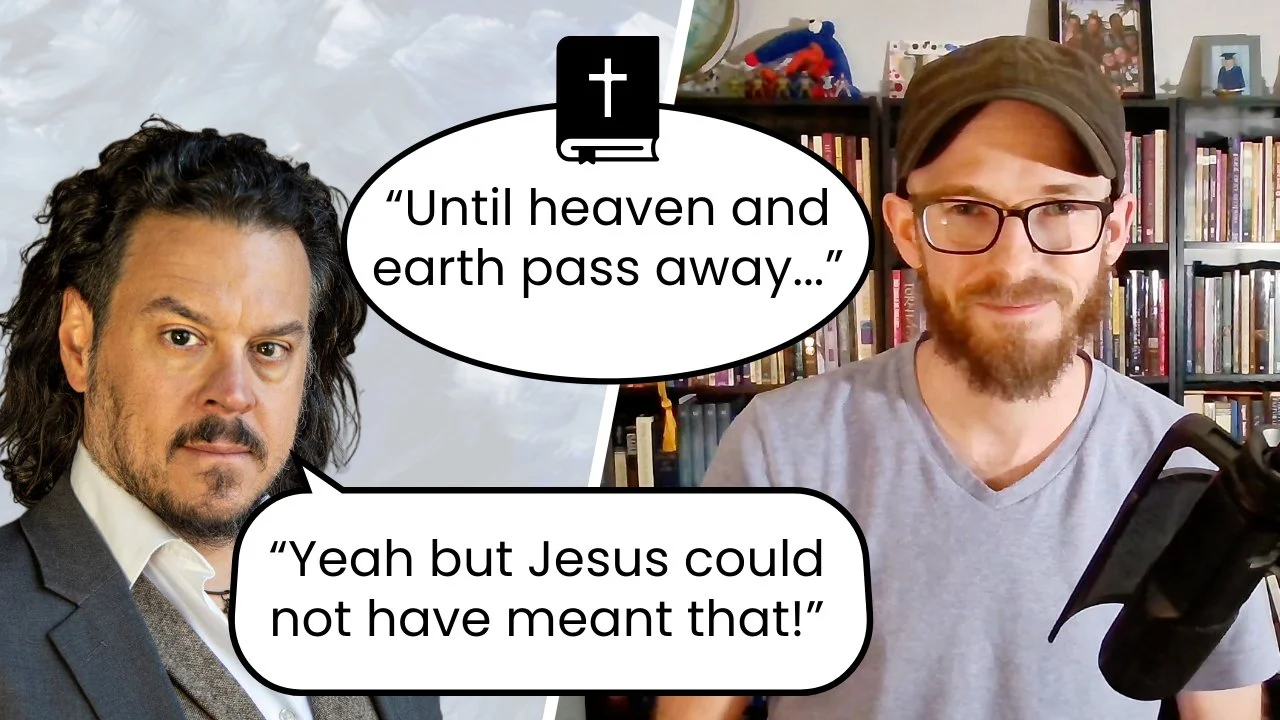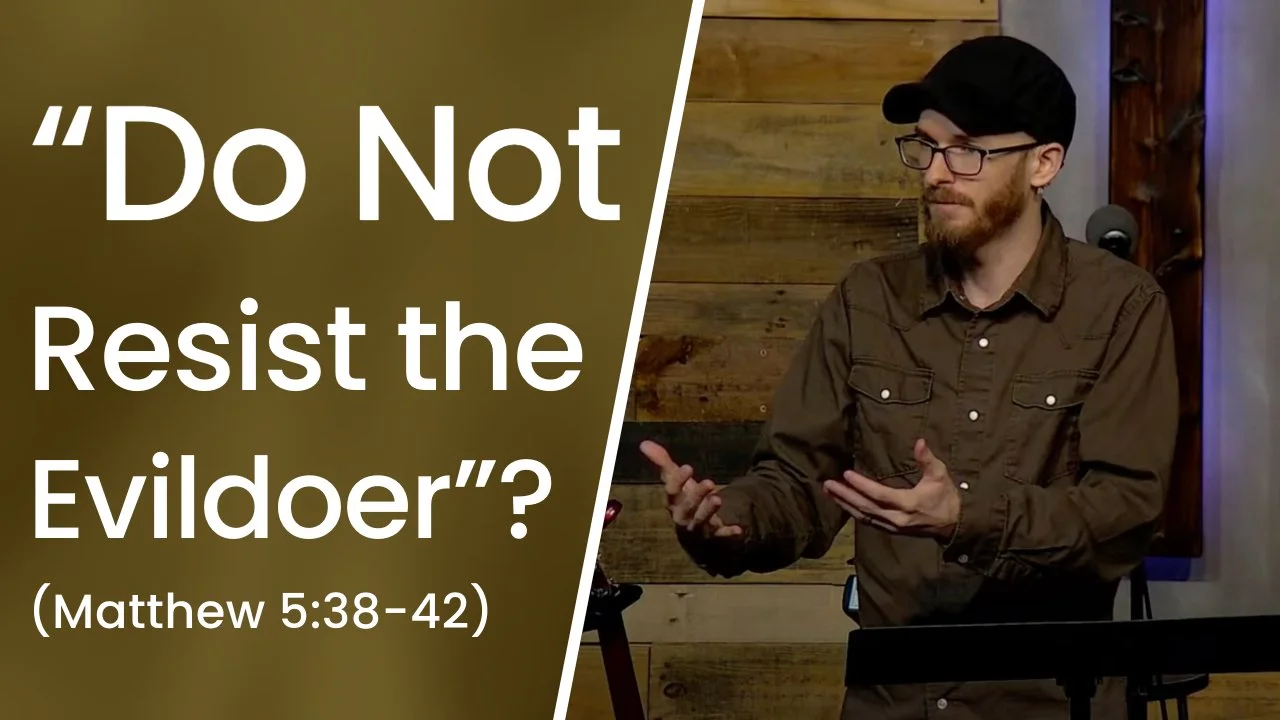Jesus taught that the Law of Moses is not abolished (Matthew 5:17), that it will remain in force for as long as heaven and earth endure (Matthew 5:18), and that his followers must obey and teach it (Matthew 5:19). Now, in Matthew 5:20, he demands that his followers surpass the righteousness of the scribes and Pharisees. But what does it mean to surpass their righteousness? In this video, we will explore this question in detail.
Do and Teach the Torah's Commandments (Matthew 5:19)
After declaring that he did not come to abolish the Law and the Prophets but to fulfill them, and that the whole Law of Moses will remain in effect as long as heaven and earth exist (Matthew 5:17-18), Jesus urges his followers to obey and teach the Torah’s commandments (Matthew 5:19). In this video, we will look at Matthew 5:19 and unpack Jesus's warning against disregarding the Torah's commandments and his call to be great in the kingdom by doing and teaching them. We will also address the claim that Jesus was not referring to the Torah's commandments in Matthew 5:19 and explore why the context contradicts that interpretation.
Until Heaven & Earth Pass Away, the Law of Moses Will Stay (Matthew 5:18)
Did Jesus bring the Law of Moses to an end, or did he want his followers to obey it? As we learned in our previous video, Jesus makes it clear in Matthew 5:17 that he did not come to invalidate the Law’s authority but rather came to teach and demonstrate the correct way to obey it. This statement alone is sufficient to dismiss any claims that Jesus did away with the Law. But he doesn’t stop there. In Matthew 5:18, he goes on to declare that the whole Torah will remain as long as heaven and earth exist. In other words, it will not be going away any time soon. In this video, we will delve into the significance of Jesus’s statement that nothing will pass from the Law “until heaven and earth pass away” and “until all is accomplished.”
What it Means to Fulfill the Law of Moses (Matthew 5:17)
What did Jesus teach about the Law of Moses? Did he say that he came to bring it to an end, or did he want his followers to obey it? Matthew 5:17-20 is a key passage that speaks to this question. In this video, we focus on verse 17, where Jesus says, “Do not think that I have come to abolish the Law or the Prophets; I have not come to abolish them but to fulfill them.” We explore what Jesus meant by the terms “abolish” and “fulfill.”
"Do Not Resist the Evildoer"? (Matthew 5:38-42)
How should believers respond when someone wrongs us? In Matthew 5:38-42, Yeshua offers a surprising answer to that question. He references the “eye for an eye” principle found in the Torah, and then proceeds to explain how he expects his followers to respond when they are slapped, sued, and mistreated.
How Jesus Fulfilled the Law of Moses (Matthew 5:17-20)
What did Jesus mean when he said that he came to "fulfill" the Law of Moses? How did Jesus expect his followers to relate to the commandments and surpass the righteousness of the scribes and Pharisees? In this sermon, David Wilber explores Matthew 5:17-20 and Jesus’s explanation of his mission in relation to the Torah.








